Americans have been slow to notice a major developing nation in their own backyard. We all know what's going on in China and India, but how many think of Brazil as a major economic force?
Colin Powell called Brazil an "agricultural superpower" and the country could soon overtake the United States as the world's largest exporter of foodstuffs. Author Michael Reid says that if China is the world's workshop and India its back office, Brazil is it's farm. Roger Cohen points out that Brazil is already the world's largest exporter of commodities such as coffee, beef, sugar and orange juice.
Brazil's cerrado is the endless savannah which was written off for centuries as useless, but is now being brought online thanks to advancements made by the Brazil science agency Embrapa. Embrapa found that the cerrado's soils could be made fertile with an optimal mixture of phosphorous and lime. And Brazil has developed 40 tropical varieties of soybean for the region. Brazil also produces cotton and is now turning its attention to wheat. Embrapa is recognized globally for the importance of it's work, which can be applied to countries in Africa with this type of terrain.
But food is not the whole story. Brazil is a big player in two other product categories the world wants most: natural resources and energy. Two years ago Brazil achieved its goal of energy self-sufficiency. An now Brazil has surplus "oil, gas, biomass and hydro power" all which it will need to manage and develop carefully going forward. If it's successful, it will couple its ethanol program with the recent discovery of an immense deep-ocean oil field to turn itself into a very significant energy exporter for the future.
Brazil is actually already a world leader in biofuel. Brazil makes ethanol from sugar cane which generates eight times more energy per hectare than corn. As far back as 2005, more than 50% of the cars sold domestically were "flex-fuel" - capable of running on any combination of ethanol and gasoline.
A blog which may appeal to those who enjoy stories about people, politics, economics, sports, and travel. In and around Argentina and the USA.
1/13/2008
Subscribe to:
Post Comments (Atom)

























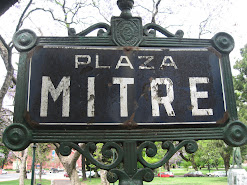





























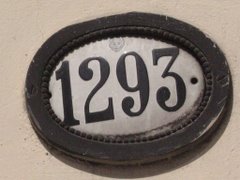











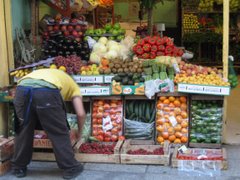




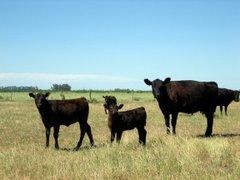






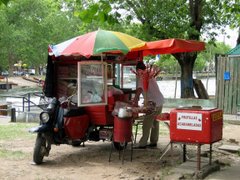












No comments:
Post a Comment